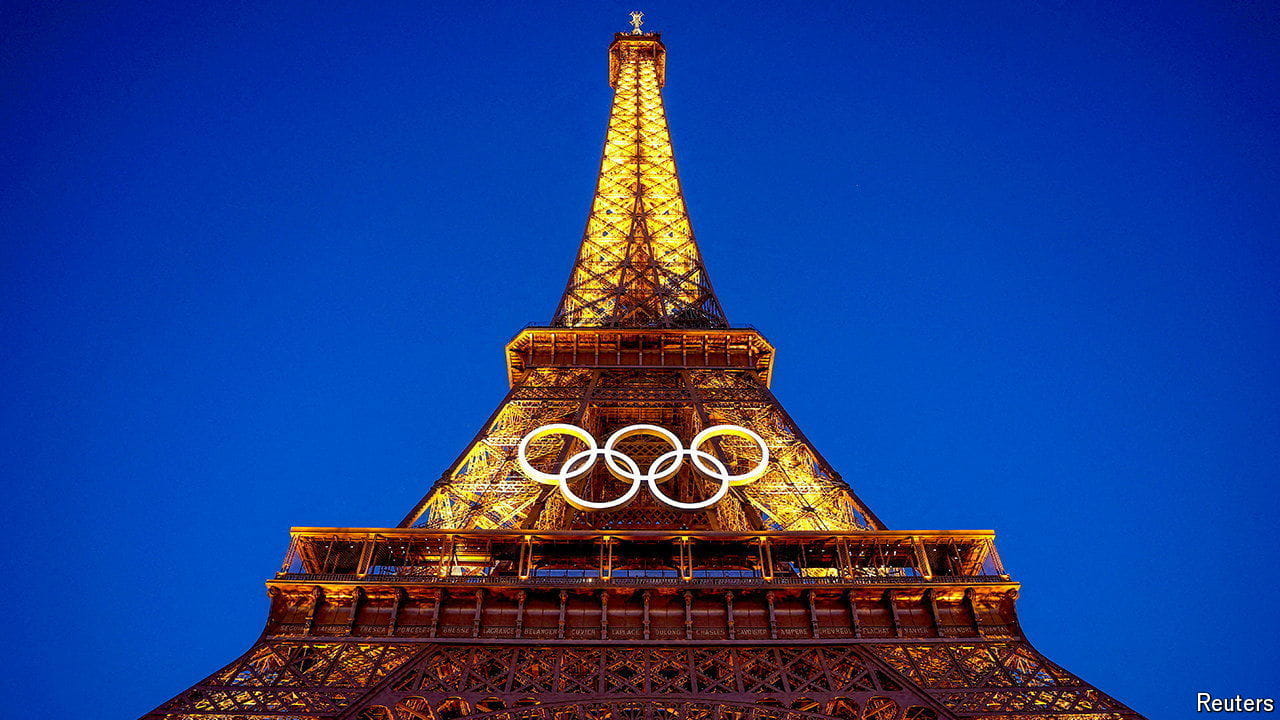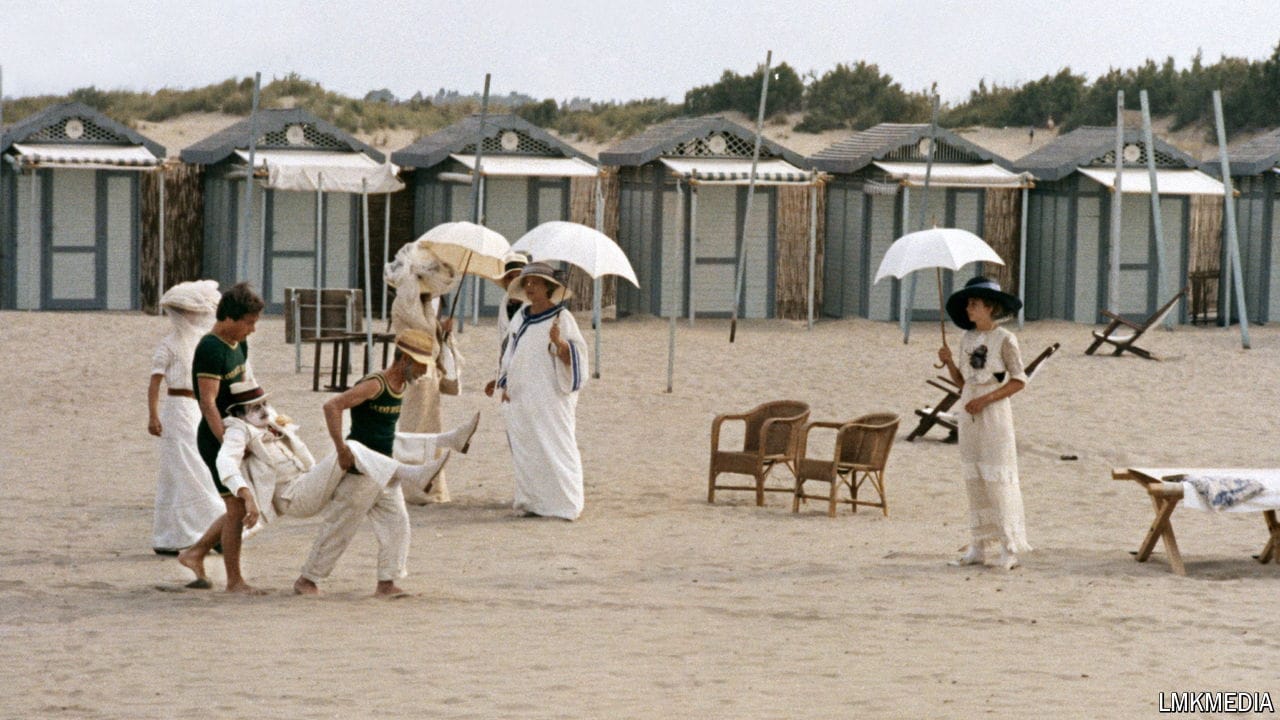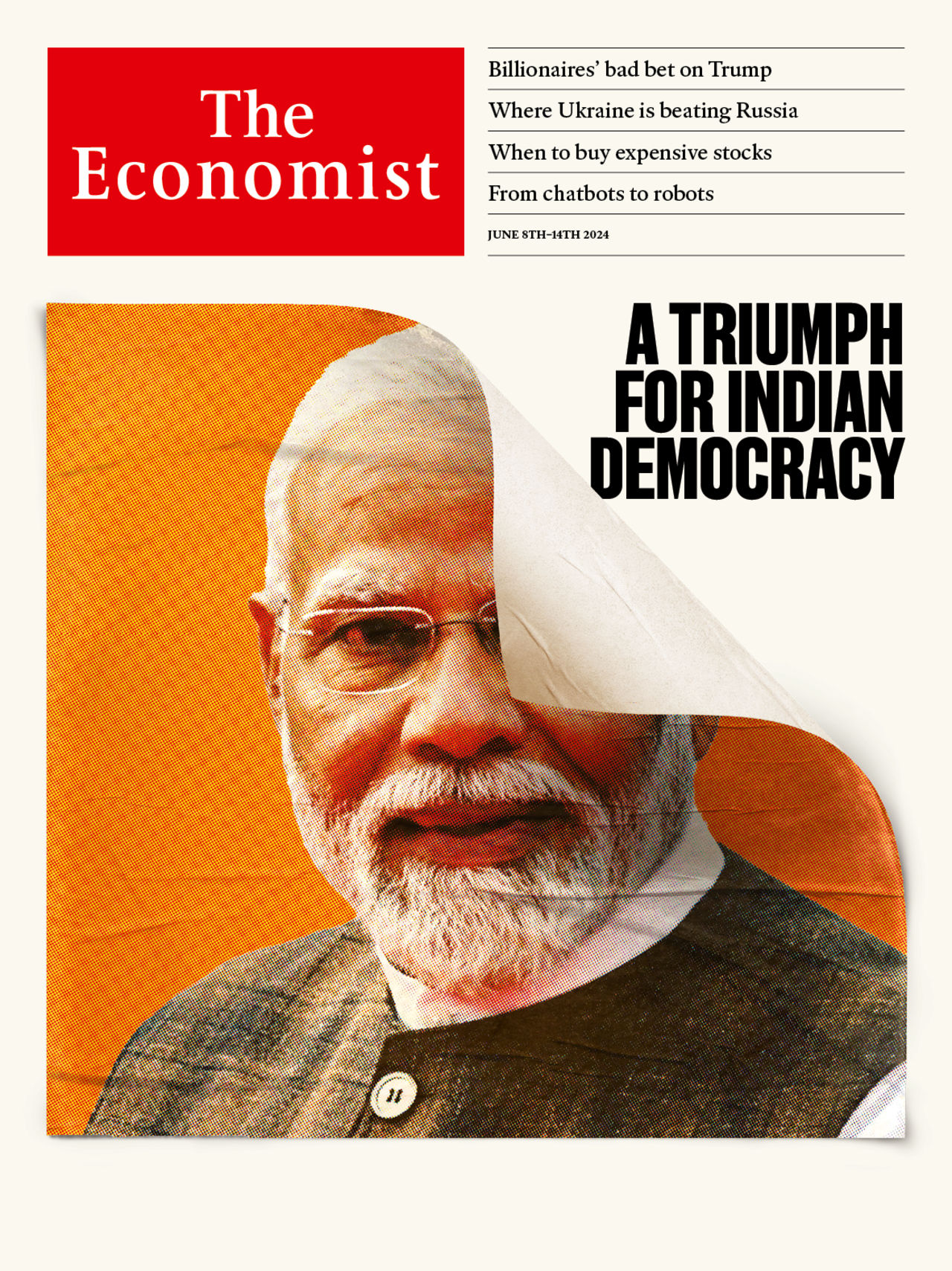Six non-fiction books you can read in a day
Resolved to read more? There may be no more rewarding genre than the short book

THE SHORT book, long underestimated, has a lot going for it. To start with the prosaic: if you want to get through more volumes, short is shrewd. Slender books can be slipped into a bag or coat pocket and plucked out again in an idle moment, so you’ll be more likely to finish them. For adventurous readers the format allows for casual experimentation with new styles, topics and authors. For indecisive ones it can make a bookshop’s universe of possibilities feel less daunting: just scour the shelves for slim spines. Most of all, there is a rare satisfaction in reaching the final pages of a book while still holding the full sweep of its story in your mind. Taut prose is intense and immersive, like a distilled fragrance. These books offer that, too. They must; they don’t have long to make their point. In an era of many distractions, that is a great virtue.
More from The Economist reads

The romance and reality of Paris, the Olympics’ host
Five non-fiction books about a city that is both gilded and gritty

Novels set on holiday
Some of these fictional holidays aren’t fun, but they might enhance yours

Five books on the glories and flaws of the Olympics
The games fall short of their ideals, but they’re still worth watching
The best and worst memoirs by British prime ministers
There are plenty of duds, but a few gems
Books (and films) about the joy and pain of music festivals
From Bethel to the Bahamas
Six enjoyable books about football
An eclectic selection covering the beautiful game and why it matters
